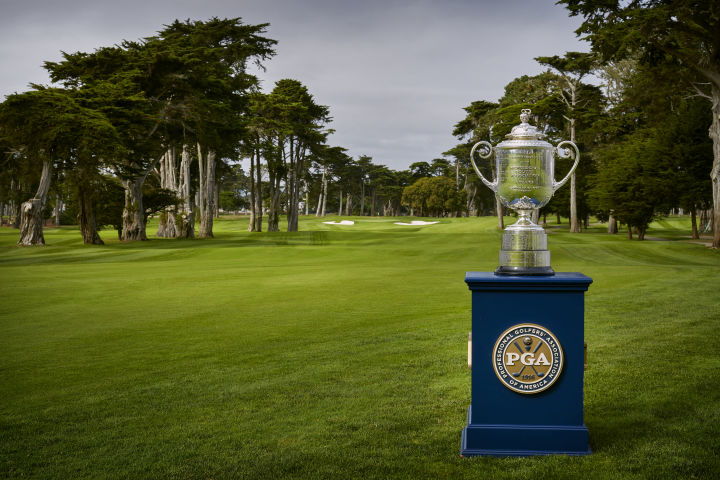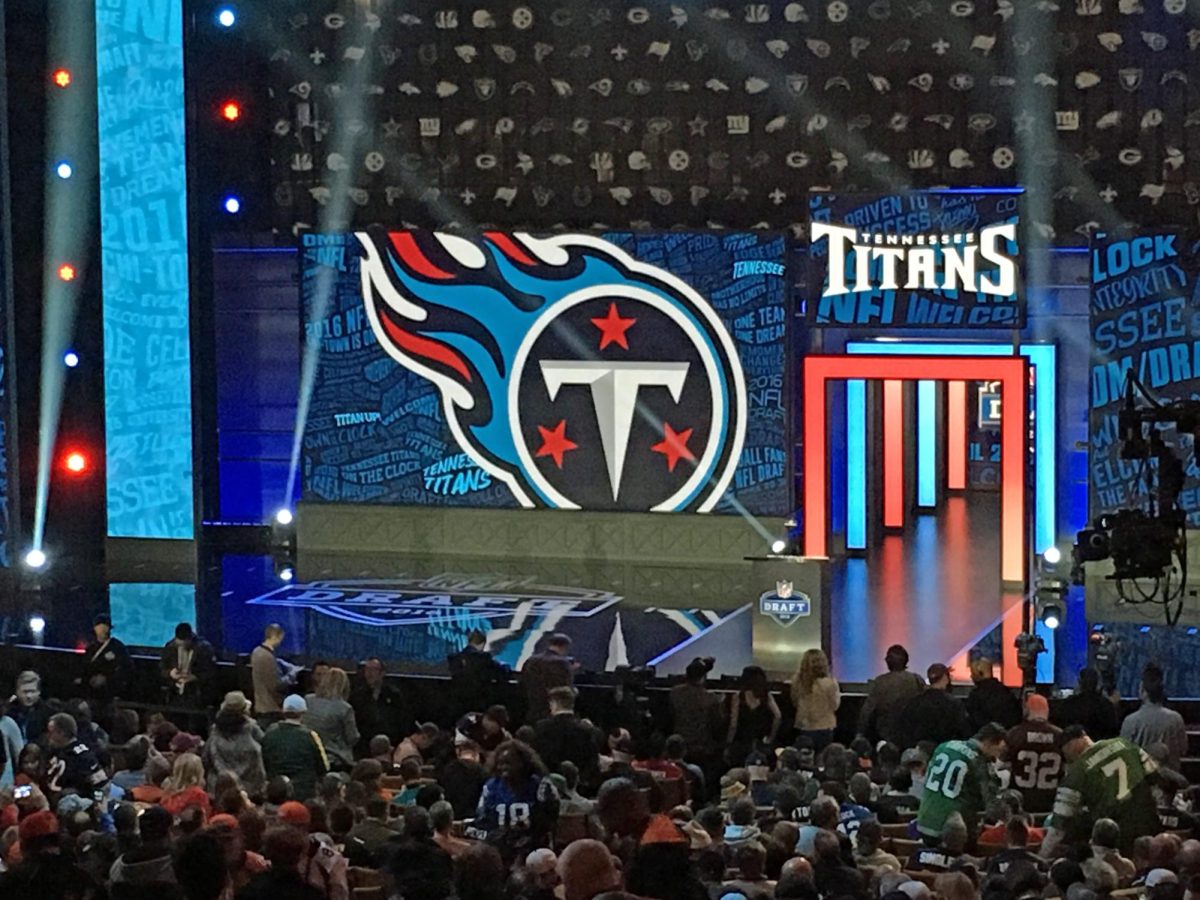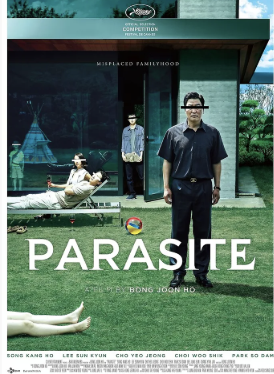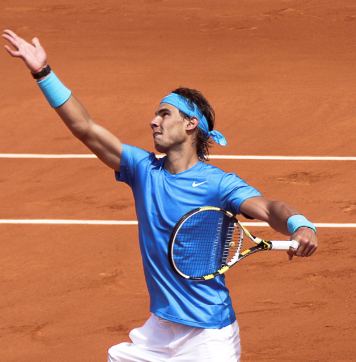Delbarton Coding Competition
Coding is THE skill of the Future
December 14, 2021
Most things in life are a race, and the people at the top are those who get there early. The same applies to any other field, be it math, science, or programming.
As a result, in most fields, there are a plethora of resources to get started at a young age. In math, middle school competitions such as the American Math Competition (AMC), Math Kangaroo, and Mathcounts encourage high-level math at a young age. In the science field, fairs, bowls, and olympiads all encourage younger students to explore and learn difficult topics.
However, when it comes to computer science, there are few competitions aimed at younger students, and in many places, none at all. As part of an effort to bridge this gap, Raymond and Michael Xu, along with the Delbarton Coding Club, started the middle school coding competition, designed to challenge prospective coders and push them to do better.
The rules are simple. The contest opens at 3:00 pm and ends at 11:59 pm. During this time window, contestants attempt 9 problems, all written by the contest organizers (and all cod-themed). Topics can range from simple printing and “if loops” to arrays and “while loops”.
The first competition was held early this past November. Participation was relatively limited, with only seven participants. “The coding contest was not as successful as we wanted, due to many students not being able to code,” says Michael Xu, a co-organizer of the event. “As a result, we’ve decided to start an introductory course at the coding club to teach students in both middle and high school python.” Although ambitious, an introductory course will definitely generate more knowledge, and thus more interest.
At the end of the first competition, 8th graders Jeffrey Liu and Trevor Wyso prevailed, tying for first and claiming the chocolate prize. Well done to both!
Coding is a difficult skill to learn, and even harder to master. Like learning a new language, the joy of programming lies in mastery after years of practice. Winning competitions should be considered a byproduct of this mastery, not its chief goal. Nevertheless, with a sweet prize in sight, what’s there to lose?























